Area residents noticed when a Norfolk Southern Railway train derailed in Ohio, spewing clouds of toxic gas and later smoke. After all, Norfolk Southern trains pass through Western North Carolina.


Area residents noticed when a Norfolk Southern Railway train derailed in Ohio, spewing clouds of toxic gas and later smoke. After all, Norfolk Southern trains pass through Western North Carolina.

For more than 100 years, the Craggy Dam has divided the French Broad River near the town of Woodfin. But now Washington, D.C.-based American Rivers wonders whether it’s time to remove the dam to benefit the area’s ecology and increase recreational opportunities.
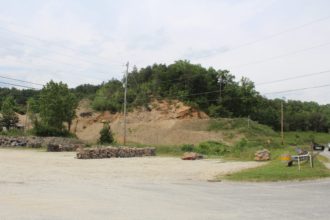
A McDowell County neighbor’s concerns about the impact of mining operations and questions from Carolina Public Press drew the attention of the N.C. Department of Environmental Quality.
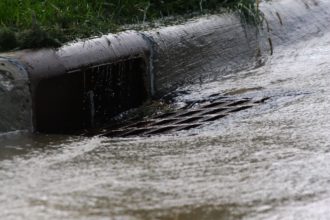
The charging station program, funded by the N.C. Department of Environmental Quality from part of the state’s allocation in the Volkswagen emissions-cheating scandal, partially defrays the cost of installing Level 2 infrastructure, which can recharge electric vehicles up to seven times as quickly as a standard 120-volt outlet.

Two proposals are up for consideration. One outlines a request for a fully elected school board; the other sets up a hybrid model in which Council would appoint two members and allow ACS district residents to elect the other three.
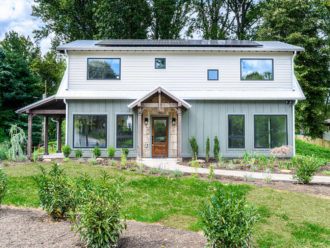
“Many items that are now standard construction practices have been removed from our checklist, while we have added opportunities to gain points for new technologies,” explained Maggie Leslie, the nonprofit’s program director.

An online public hearing to review the draft permit, originally scheduled for Jan. 20, was pushed back to mid-April. For environmentalists, the move may be a blessing in disguise.
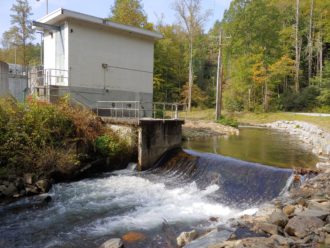
City leaders in Brevard stand behind a public works director facing federal prosecution over handling of contaminated soil taken to a Transylvania County landfill.
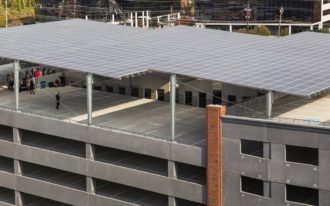
Together, the city of Asheville and Buncombe County approved over $11 million in funding to install roughly 7 megawatts of solar power at public facilities and area schools. The projects are anticipated to save the governments and local schools roughly $650,000 in electricity costs in the first year and more than $27 million over the installations’ 30-year operational life.
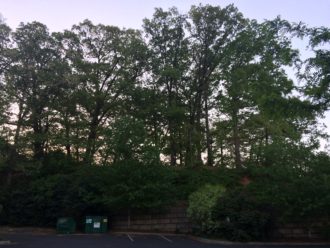
Commission Chair Laura Hudson argued that the rules placed too much emphasis on tree protection and could become an untenable burden for developers. “If you jam too many requirements onto one small parcel, I think you’re going to kill the development altogether,” she said.
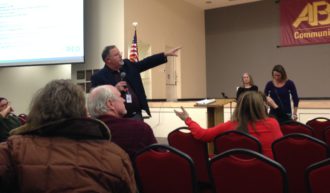
On Dec. 19, the N.C. Department of Environmental Quality held a public hearing at A-B Tech to discuss Duke Energy’s plans to create a 12.5-acre industrial landfill at its Arden plant. All but two of the 15 speakers at the hearing expressed worries over the proposed site, which would store coal ash and demolition waste.
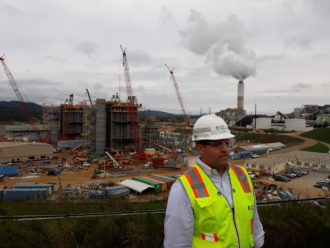
At 6 p.m. on Thursday, Dec. 19, a public hearing will take place in Room B of the Mission Health/A-B Tech Conference Center at 340 Victoria Road in Asheville regarding Duke Energy’s plans to build a 12.5-acre landfill on its property beside Lake Julian.
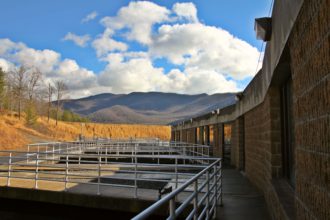
Last October, the N.C. Department of Environmental Quality placed stricter controls on what outside materials MSD could accept, thus barring the plant from taking Asheville’s treatment residuals. The city’s current plan is to landfill the sludge in Buncombe County and Concord, N.C. — at over 2 1/2 times the cost of its previous disposal arrangement.
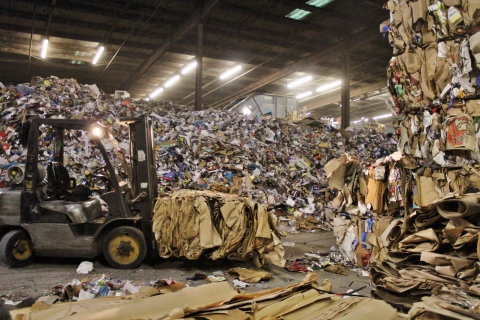
Eric Bradford, director of operations at local environmental nonprofit Asheville GreenWorks, calls China’s restriction of its recyclables market a wake-up call for domestic recyclers. “We were basically paying China to be our landfill for these ‘recyclables,’ and we felt good about it,” he says.
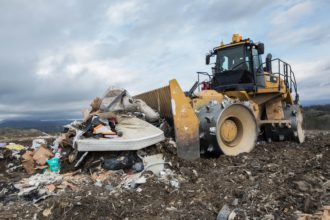
Buncombe County has used about a third of the total 12.5 million cubic yards of space available to receive municipal solid waste, which the department tracks separately from waste produced by construction projects. At its construction and demolition landfill, which sits on the same property but is sorted separately, the county still has about 1.3 million cubic yards of fillable space out of a maximum capacity of about 2.4 million.

During a March 14 listening session at The Collider in downtown Asheville about the DEQ’s Clean Energy Plan, a key provision of Gov. Roy Cooper’s Executive Order 80 on clean energy and climate change, many of the roughly 70 Western North Carolina residents in attendance expressed frustration that the state wasn’t doing enough.

“To inquire, ‘Is this stream clean?’ is a valid endeavor, and together we can take legitimate steps to answer it.”

State of the French Broad River Watershed 2018 summarizes a bevy of data from the N.C. Department of Environmental Quality, the Black Mountain-based Environmental Quality Institute and MountainTrue’s own monitoring into a single holistic measurement for waterway cleanliness.